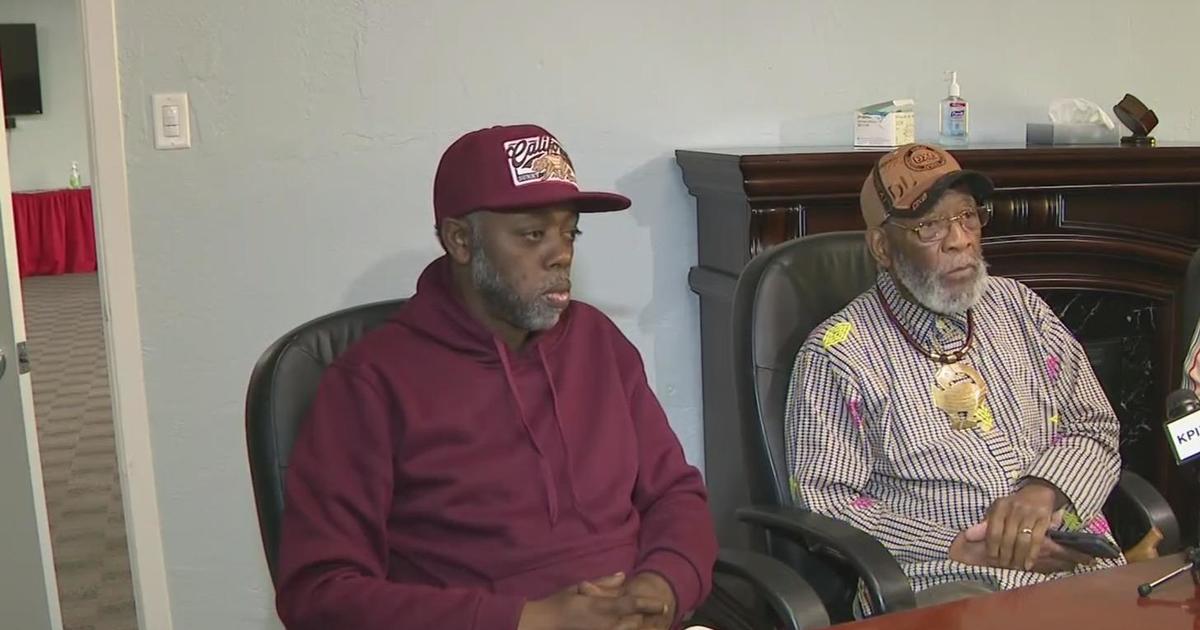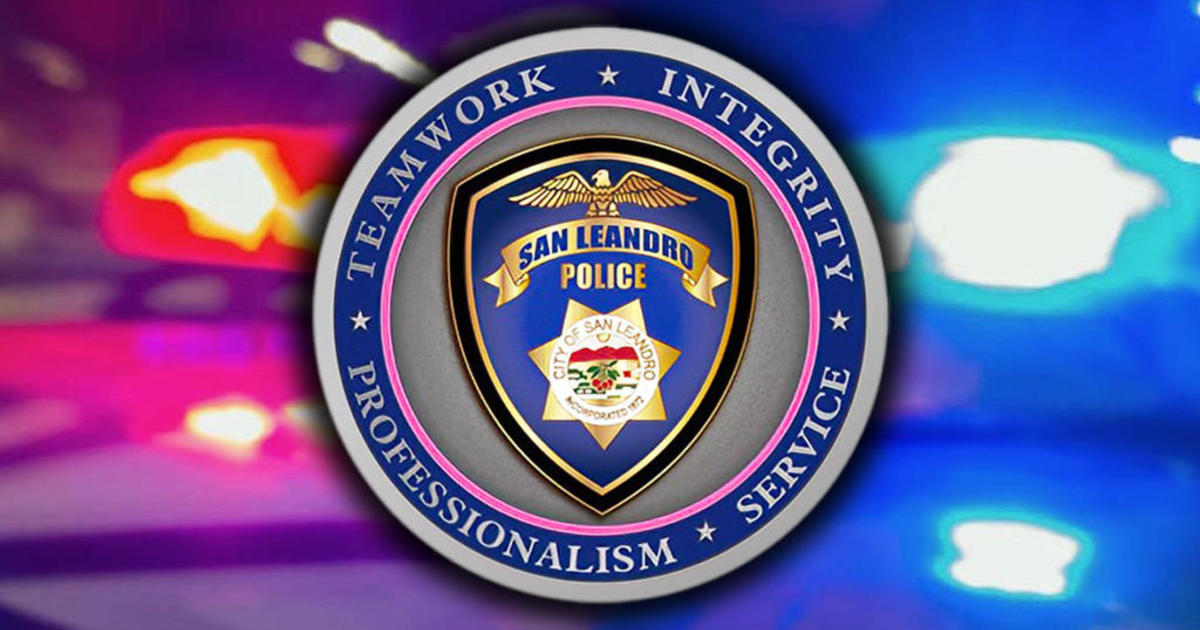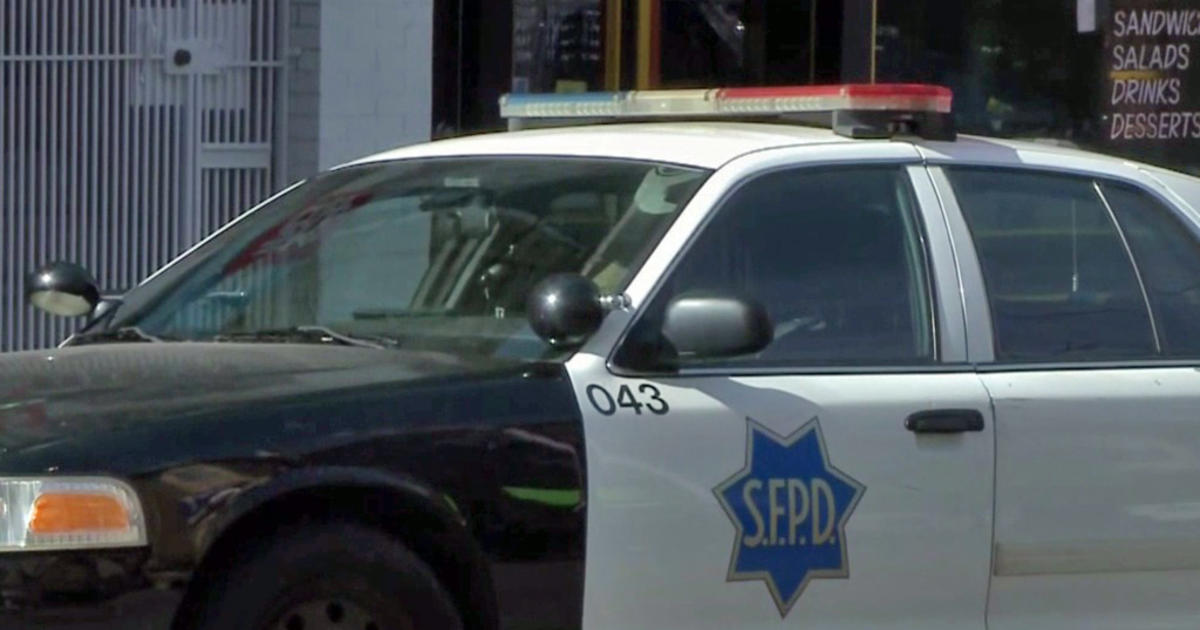Proposition E in San Francisco could ease restrictions on police car chases
A major shakeup could be coming to the San Francisco Police Department's vehicle chase policy if a ballot measure is passed on March 5.
Proposition E aims to reverse a 2013 policy that currently only allows police to pursue a vehicle if the person inside the car is suspected of violent offenses and only if there is reasonable belief that person must be apprehended immediately for posing a risk to the public.
If passed, the measure would allow vehicle pursuits for retail and vehicle theft as well as auto burglaries so long as it can be done so safely. But that's the key to one local voter's opposition to the bill.
Ciara Keegan was on the phone with her boyfriend driving home from work on Dec. 7, 2023, when a car being chased by SFPD across the Bay Bridge slammed into her car.
Nearly three months later, she said getting in the car today even to get to work remains a challenge.
"I was in a lot of shock. I was very disoriented," Keegan told CBS News Bay Area. "I really couldn't process what had happened to me. The pain didn't really set into around, you know, five minutes after, after I got out of my vehicle. And I just wanted to see my family and my boyfriend."
The San Francisco native was lucky to walk away with minor injuries, but during her recovery she learned about Proposition E. In addition to expanding SFPD's authority to pursue vehicles, it would also open the door to use of high-tech police equipment including cameras and drones capable of facial recognition, reduce written reporting of certain incidents, and lessen the power of the police commission.
Proponents of the measure argue it would shore up public safety by giving police more tools to combat crime, but for Keegan, it's a scary potential for more incidents like hers.
"It was clearly a reckless chase by the SF Police Department that was putting the public in danger," she explained. "I was also in the Mission when the San Francisco Police ran into Lucas during a police chase. So, it really felt like the police chases in San Francisco are already out of control. And I was really upset to see that they're hoping to expand."
The proposition is backed by Mayor London Breed and her mayoral race opponent, Daniel Lurie, as well as the police union, and has gained over a million dollars in fundraising.
Supporters like police officer's association President Tracy McCray said the measure will give the SFPD more non-lethal resources that they believe will boost public safety.
"I think we need every tool in the tool bag available to us," McCray told CBS News Bay Area. "So, what can we do? Do we ban pursuits? Doesn't mean that people who are committing crimes will be better drivers. Not at all. It's still going to be happening. So, we need more tools. When we feel a pursuit has crossed that threshold to be more dangerous than, you know, maybe apprehending them at the time. It'd be nice if we could lift the drone up, right, and say, 'OK, they can follow.'"
McCray said the measure could help combat the chronic understaffing issues that have plagued the SFPD that are being supplemented by millions in overtime costs.
"Levelling the playing field, getting tools and technology to help us because we're not pulling in people into this profession at the rate that we used to," McCray explained.
But for Keegan, it's investments in community resources that she believes are the answer to public safety.
"One of the people driving the vehicle was 17 years old that hit me," Keegan said. "It really makes me think about how do we make sure that our communities are taking care of each other, and how I think we need to really invest in people to prevent people from doing bad things that hurt other people."



